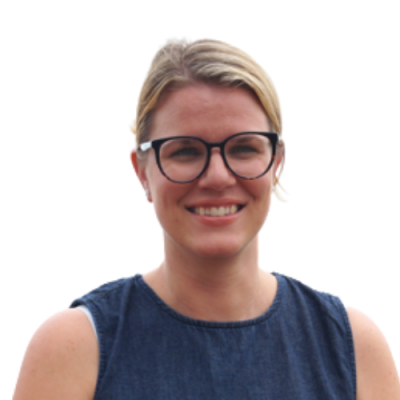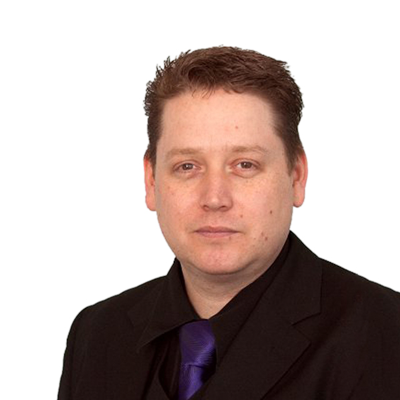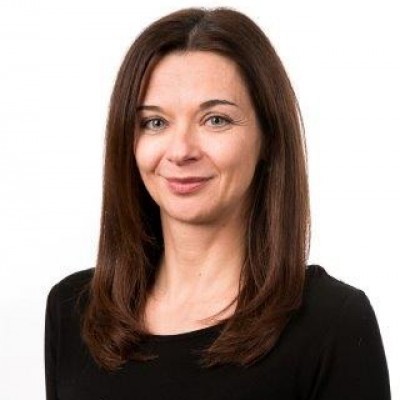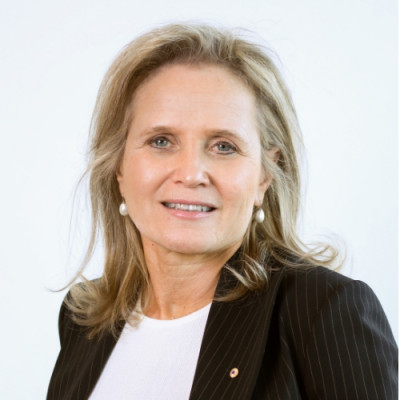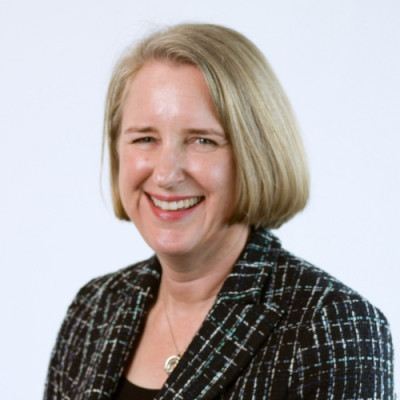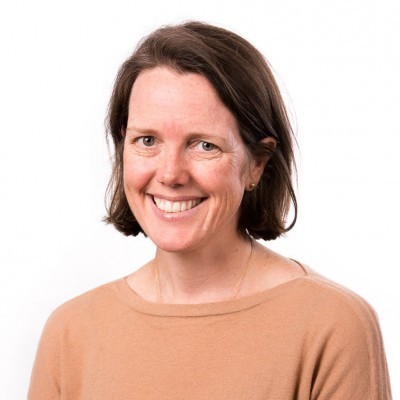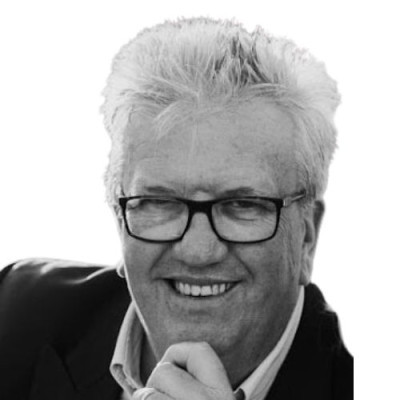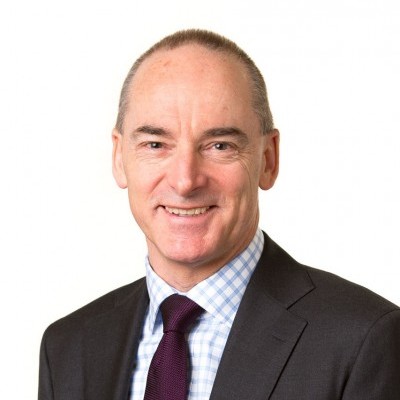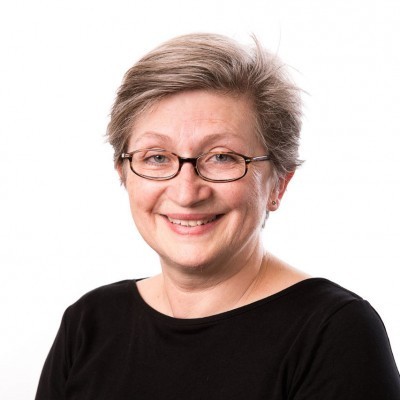-
Research Groups
-
Valkenburg Lab
The Valkenburg laboratory investigates viral immunity to emerging viruses with pandemic potential: influenza viruses and SARS-CoV-2. Our work spans randomised control vaccine trials, observational studies of infected patients and animal models to decipher immune correlates to drive novel translational outcomes for specific diagnostics, targeted therapeutics and next generation vaccines for public health impact.
Other work areas include:COVID-19, Immunology, Public Health, Influenza
Current Projects
-
Immunogenicity of repeated influenza vaccination
Project led by the Valkenburg Lab
-
Impact of age and severity on COVID-19 immunity
Project led by the Valkenburg Lab
Lab Team
-
Laboratory Head
-
Julia MarshallResearch Officer
-
Leon TriboletResearch Officer
-
Chung group
The Chung group is interested in understanding the biophysical and functional properties of antibodies that are associated with protection against a range of infectious diseases, which will provide important insights to improve antibody-based vaccines and therapies.
Other work areas include:COVID-19, Immunology
-
Electron Microscopy and Structural Virology Laboratory
The Electron Microscopy and Structural Virology Laboratory (EMSV) is engaged in the development and integration of advanced imaging and 3-dimensional reconstruction methods for the diagnosis, reference and research of infectious diseases.
Other work areas include:Public Health
-
Fazakerley Group
The Fazakerley lab main interest is in the pathogenesis of infections with RNA viruses, in particular arboviruses and virus infections of the central nervous system. Our main focus is to understand arbovirus encephalitis and arbovirus persistence in mammalian systems and the response to these viruses of arthropod cells and mosquitoes.
Other work areas include:Bacterial and Parasitic Infections, Emerging Infections
-
Kallies Group
The Kallies group studies the molecular control of lymphocyte differentiation in response to antigen with a particular focus on T cells residing in non-lymphoid tissues, including tumors.
Other work areas include:Immunology
-
Kedzierska Group
Professor Katherine Kedzierska’s team researches the immunity to viral infections, especially the newly emerged influenza viruses. Her work spans basic research – from mouse experiments to human immunity, through to clinical settings, with a particular focus on understanding universal CD8+ T cell immunity to influenza viruses. Her studies aim to identify key correlates of severe and fatal influenza disease in high-risk groups including children, the elderly and Indigenous Australians.
Other work areas include:COVID-19, Immunology, Influenza
-
Lewin Group
The focus of the Lewin group is to understand why HIV infection persists on antiretroviral therapy and to develop new strategies to eliminate latency. The lab also researches factors that drive liver disease in HIV-hepatitis B virus co-infection. The lab is also actively involved in COVID in relation to pathogenesis, the use of primary tissue models, and developing therapeutics using gene editing strategies.
Other work areas include:Immunology
-
McVernon Group
Jodie McVernon’s group uses established and emerging biostatistical, epidemiologic and modelling methods to address infectious diseases questions of public health relevance. We bring a suite of collaborators from animal health and ecology to provide a ‘One Health’ perspective on emerging human pathogens.
Other work areas include:COVID-19, Antimicrobial Resistance, Public Health
-
Purcell Lab
Professor Damian Purcell’s research group investigates the HIV-1 and HTLV-1 human retroviruses that cause AIDS and leukaemia/inflammatory pathogenesis respectively. The lab studies their genetic structure and gene expression with a focus on defining the mechanisms that control viral persistence and pathogenesis. The molecular interplay of viral and host factors during viral infection and the innate and adaptive immune responses to viral infection are examined. These molecular insights are used to develop new antiviral and curative therapeutics, preventive prophylactic vaccines and passive antibody microbicides and therapeutics. Some of these patented discoveries have been commercialised and we are assisting with clinical trials.
Other work areas include:COVID-19, Immunology, Bacterial and Parasitic Infections, HIV
-
Reading Group
Patrick’s group investigates how the body first detects and responds to respiratory viruses. They investigate viral attachment factors, cellular receptors and entry pathways, virus-induced activation of host genes and the mechanisms by which intracellular host proteins can block virus replication.
Other work areas include:COVID-19, Immunology, Influenza
-
Sullivan Group
Sheena’s epidemiology group at the WHO Collaborating Centre for Reference and Research on Influenza undertakes research into understanding influenza vaccine effectiveness and the validity of the methods used to estimate it. The group also provides technical assistance to partners in the Western Pacific Region of the WHO.
Other work areas include:COVID-19, Immunology, Influenza
-
Tong Group
Steve’s group conducts clinical trials to optimise the treatment of infections due to methicillin-resistant Staphylococcus aureus and other bacterial pathogens. He also investigates the epidemiology and genomics of streptococcal infections, hepatitis B, influenza, and antimicrobial resistance in Australian Indigenous communities.
Other work areas include:Staphylococcus aureus, Immunology, Antimicrobial Resistance, Bacterial and Parasitic Infections, Public Health
-
Torresi Group
Joe’s group is focused on hepatitis virology including work on hepatitis C vaccines and neutralising antibody responses and hepatitis B and C pathogenesis. In addition, his group conducts clinical research in travel medicine including dengue and other arboviral infections.
Other work areas include:COVID-19
-
Vaccine and Immunisation Research Group
Based at the Doherty Institute, the Vaccine and Immunisation Research Group (VIRGo) works in partnership with the Murdoch Children’s Research Institute (MCRI, Infection and Immunity Theme). Our research enables us to advise policy makers on the optimal use of vaccines in national immunisation schedules, in pandemic influenza preparedness and response, and in vaccine safety. Our work provides practical bridges (translation) between theory and the real-world delivery of vaccine programs. VIRGo leads Vax4COVID, an alliance of experienced Australian vaccine clinical trial centres formed to facilitate the conduct of Phase II trials of SARS-CoV-2 vaccine candidates.
Other work areas include:COVID-19, Immunology
-
Victorian Infectious Disease Reference Laboratory
The Victorian Infectious Disease Reference Laboratory (VIDRL) is a leading Australian infectious diseases reference laboratory at the Peter Doherty Institute for Infection and Immunity (the Doherty). VIDRL provides laboratory services for the Department of Health Victoria, Victorian hospitals and clinics, the Commonwealth Department of Health, and the World Health Organisation.
Other work areas include:COVID-19, Public Health
-
Vincan Group
Elizabeth’s group investigates novel ways to block cancer growth with a focus on the gastrointestinal tract – stomach, bowel and liver. A cell-cell communication pathway called Wnt is hyperactive in these cancers. Their research shows inhibiting Wnt has potent anti-cancer effects.
Other work areas include:Bacterial and Parasitic Infections, Emerging Infections
-



